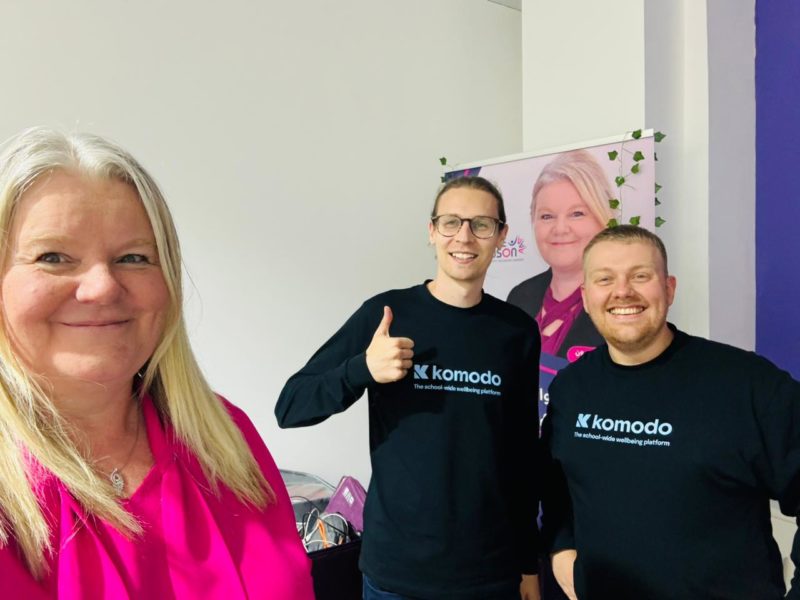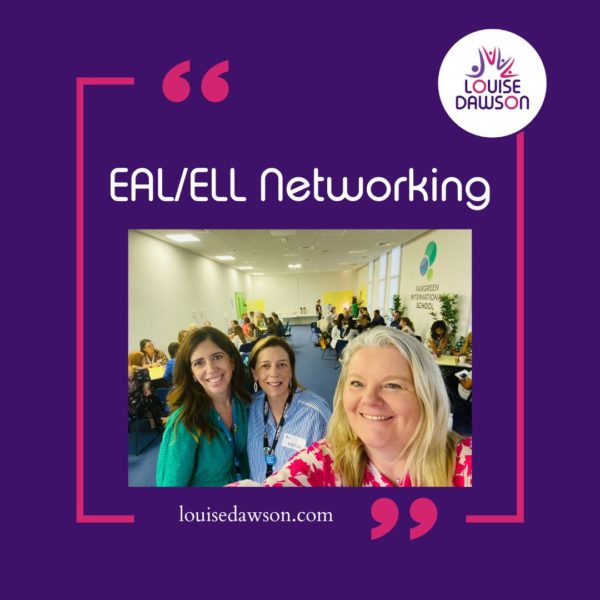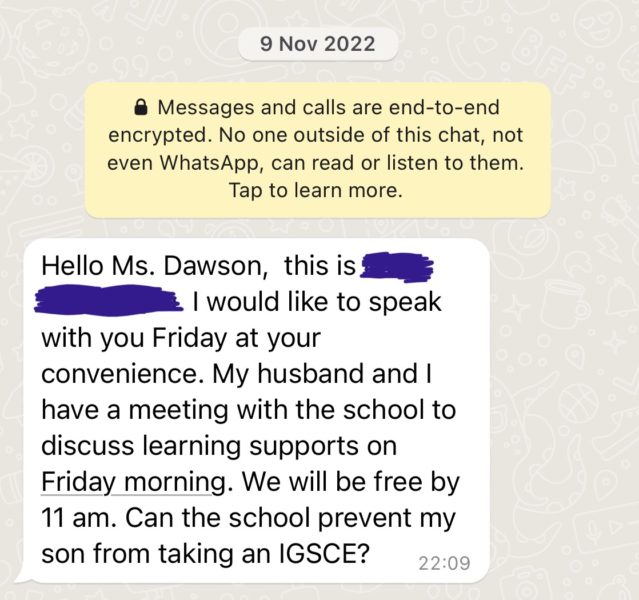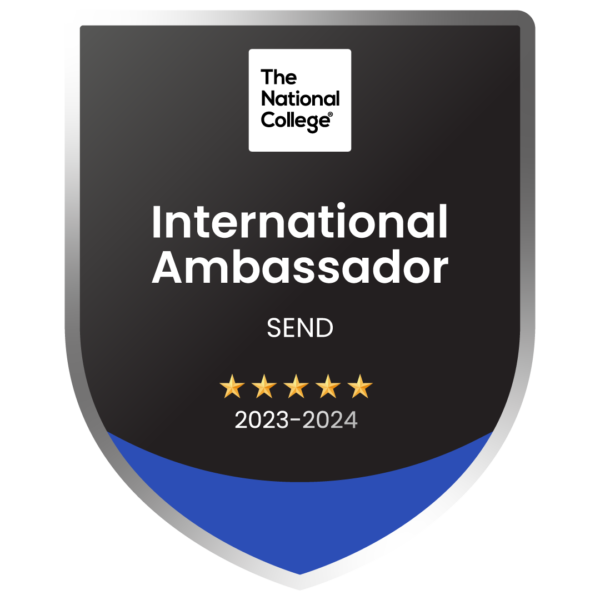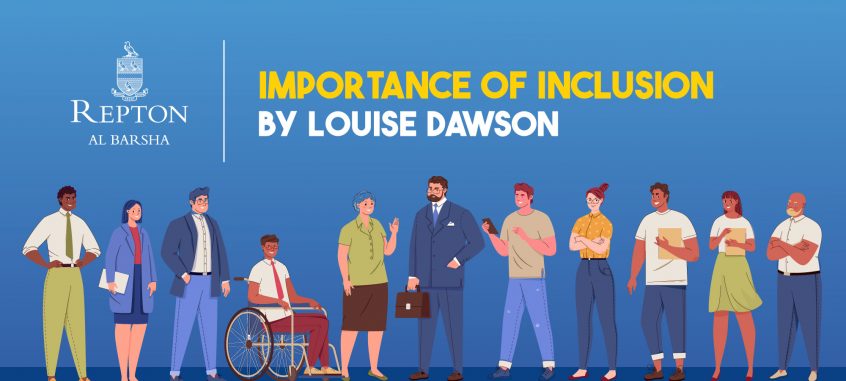For children, the need for independent learning and behaviour can be a difficult adjustment, especially when they are young. At home a child may only have to compete with 1 or 2 other children for the attention of an adult. They may also be guided and supported with day to day living.
In contrast, in a mainstream classroom, 1 adult may be working with 20-30 other young people and this can create a challenge regardless of how skilled a teacher may be.
Schools sometimes request the support of an ‘Additional Adult. ‘Additional Adult’ is the term used here to describe the additional adult placed into a classroom to support a learner who experiences a barrier to the learning environment. Some schools may call this person a Learning Support Assistant (LSA), Teaching Assistant (TA), Individual Learning Support Assistant (iLSA) or Higher Level Teaching Assistant (HLTA). Additional adults can be employed in four different ways.
In all situations remember that no adult will be permitted on site, at school, without the School’s Safeguarding Protocols being followed.
- Employed by School, Funded by School – each school is required to employ and fund some LSAs to shared across learners with need
- Employed by School, Funded by Parents – in this scenario the school will recruit and employ the adult directly, but request funding (part or full) from the parents
- Employed by Parents, Funded by Parents – in this scenario parents are able to recruit and employ the adult directly.
- Employed by Agencies, Funded by Parents or School – in this scenario either the school or the parent will enter a contract with an Agency to provide staff. (This is most common with therapists such as Speech and Language or Occupational Therapists.)
Previously, this role was also known as a ‘Shadow Teacher’, a term that we now associate with adults who are attached to one learner. Historically, this has often meant that a student’s independence is reduced and that unhealthy bonds may occur. It is considered good practice to rotate the adults working with learners and you will see this in schools where each year the learner moves on to a new teacher, providing them opportunities to grow and develop, as well as teaching our learners to to work with a variety of people, in a variety of situations.
However, many families prefer learners to stay with the same adult, especially if the child has high level needs or is particularly young. Additional Adults can become highly skilled in working with learners and anticipate their needs. Whilst this can be considered a blessing, by anticipating the needs of learners we again reduce the learner’s need to ‘request’, a skill required to increase their independence.
One reason for maintaining an additional adult with a learner is because recruiting can be incredibly stressful and time consuming. There are many highly skilled additional adults in the UAE, but as with all industries there are many that are new to the role or who lack training.
Top Tips for Recruiting Additional Adults
Speak to the Head of Inclusion or Special Needs Coordinator in your School
Leaders of Inclusion have networks of professionals across the country. They are very well placed to advise you on recruitment processes and the requirements for working in school. They will be able to guide you on the process, support you with interviewing and completing the checks and documents necessary. Working together can not only reduce your anxieties, but will ensure that the transition into school is as pain free as possible. It is the leader for Inclusion that will monitor the work of the adult and ensure that support for your child is appropriate – building a relationship is vital to the success of a good adult placement.
Undertake Training in ‘Safer Recruitment’
If you are asking an additional adult to form a close bond with your child, and be involved in their day to day care, nurture, support and learning, then the priority must be to ensure that they are safe adults. This process is called ‘Safeguarding and Child Protection’ and each school has a ‘Designated Safeguarding Lead’ who ensures that policy and procedure are followed. Safeguarding is preventing harm. Child Protection is how we respond to harm. It is vital that parents ensure that all of the necessary checks are implemented to protect their child and school community. At a minimum the candidate should have no gaps in employment and Police Clearance from the UAE. If the candidate has come from overseas in the past five years, then request a Police Clearance from their previous country. I can highly recommend an online course by EduCare, part of the TES Group. For approximately 150 Aed, and four hours of your time, you will be upskilled on:
- the four key stages of the recruitment process
- pre-recruitment planning and what must be in place before you advertise your post
- declining candidates and meeting the right ones
- obtaining the correct checks and references, including what’s required from a police clearance check (in the UK this is called DBS)
- post-recruitment activities, including observation and supervision.
- https://www.educare.co.uk/courses/safer-recruitment
Remember the Aim of having an Additional Adult
Very rarely a child will need an additional adult through their life. In Inclusion, we always joke that the aim of our work is to make ourselves redundant! The aim of an Additional Adult should always be to allow the learners to complete tasks independently, and where they are unable to so, teach and guide them to learn the skills for the future. This is an understanding that is worth exploring when interviewing. The Dubai Inclusive Education Policy Framework (2017), Implementation Guide (2019), Directives (2020) and Parent Guide (2021) are all documents that you should be familiar with; they will also provide you with good terminology and understanding.
Request Qualification Proof
One of the challenges of working internationally is understanding if Certificates and Qualifications are real, and that the adult has studied at a particular level. There is a big difference between a Diploma obtained through a few hours of online training with an unaccredited company versus a Diploma obtained through a University. There are no set guidelines for the qualification level required for an additional adult. When I am recruiting I always put the needs of the learner at the heart of my decision processes. For example, a pre-verbal, 5 year old with Autism is going to need very different support to a 16 year old with a Visual impairment. As a guideline, I always request the adult to be educated at least one level about the student.
Therefore, an adult with a 5 year old will need to have graduated school, an adult with a 15 year old should have A Levels (or equivalent) and an adult working at A Level should possess a Degree. You will also want to check for level of reading, writing, speaking and listening in the language of instruction. If an adult is unable to spell then you won’t want them working with a dyslexic ten year old!
Request at least two references
Requesting references can be a minefield. Ideally a reference should come directly from a previous school or employer. As a rule I do not accept references from a general email address, such as ’Gmail’. There is no guarantee that the candidate has not created their own account. I would also not accept a telephone conversation with a mobile number, as we have no idea who we are talking to. A school or business email address, or phone number, is the safest way to ensure the Referee is real.
Skills
Some of the best additional adults I have worked with have had no prior experience. There are however some key skills needed to successfully work with learners.
Look for skills such as ability to follow instructions and communication. For example if your advert said ‘email a CV’ and they called you for a chat instead!
Compassion and Patience – being with children all day, every day, is tiring and emotional work. Any negativity that the adult experiences will be experienced by the learner; for children with additional needs, who often lack self esteem and confidence this can lead to many challenges.
Having an adult who has self awareness and honesty is another key skill. It is professional to say you are having a bad day, or that you don’t know how to help a learner. Every learner is different and we do not expect each other to be fluent in the needs of every learner or indeed item on the curriculum. Asking for help is one of the best skills we have.
Advertising
Before placing an advertisement for an Additional Adult ensure that you are very clear of your requirements, create a checklist and check each adult that applies against it. Strategic employment always works best. After you have created the checklist you can create the advert to match it and place the advert in an appropriate place. Should you recruit through an Agency, do not drop your guard. This is your child and your school and you have a ‘duty of care’ to ensure that you have first hand knowledge of the qualifications, skills and ensure that all safeguarding checks have been taken. It is professional to ask for proof, and even to double check yourself. Anyone who denies you that right and transparency should be avoided.
Be clear on employment laws
If you are employing directly, ensure that you are aware of the laws and regulations. Federal Decree Law (3) of 2022 has seen a change in the requirements this year and at the time of writing, is the Law you should be following. The Law can be found online at https://www.mohre.gov.ae/en/laws-and-regulations/labour-law.aspx and should you require any further guidance do make contact with the Ministry of Human Relations and Emiritisation on +971-680-27666. Ensure you have also reviewed the anti-discrimnation clauses in the above law.
Implement an Employment Contract and Job Description
It is vital that both you and your employee are aware of the terms of engagement. It is a good idea to write this before you advertise as it will help form your requirements. Each adult, family, learner and school will have different requirements. For example (this list is not intended to cover all situations):
- Will there be a probation period?
- Do you require the adult to physically attend to your child (intimate care)?
- Do you require experience in non verbal communication, speech and language or occupational therapy?
- Do you require someone with knowledge of your curriculum and qualifications?
- Do you need them every day or part time?
- Do you need them to have a visa?
- Will the candidate be entitled to Gratuity, Sick Pay, Holiday Pay, Maternity Pay?
- What hours will they be working?
- Will the candidate provide their own transport?
- What will their salary be?
- What are the terms for termination of contract, on either side?
- Will you require them to undertake any training or medical assessment?
- Who is responsible for medical insurance or work injury?
- What will the expectations be if the child is sick, the adult is sick, or absent from school. It is worth considering what will happen should we return to lockdown or home schooling?
Provide School with the following documentation:
- Copy of Passport
- Copy of Visa
- Copy of UAE ID
- Copy of Vaccination
- Copy of Qualifications or Courses
- Copy of Curriculum Vitae
- Police Clearance from UAE
- Police Clearance from Home Country if you have been in the UAE less than five years
- Name, Company and Email address of two references
Implement a Memorandum of Understanding (MOU) and Individualised Service Agreement, with School
Your Head of Inclusion will be able to advise you on the requirement content for your school. A Memorandum of Understanding will include items such as confidentiality, safeguarding and child protection protocols and will contain similar information to the Employment Contract. This document is intended to ensure transparency between you and school and should cover situations such as adult sickness, child sickness or even deployment of the adult should your child be working independently.
If the school employs the Additional Adult (or any therapy) and is receiving additional funding from you, then they are required to inform the regulated bodies by way of an ‘Individualised Service Agreement’. This agreement is signed by the school and by parents to ensure transparency of the need for support.


